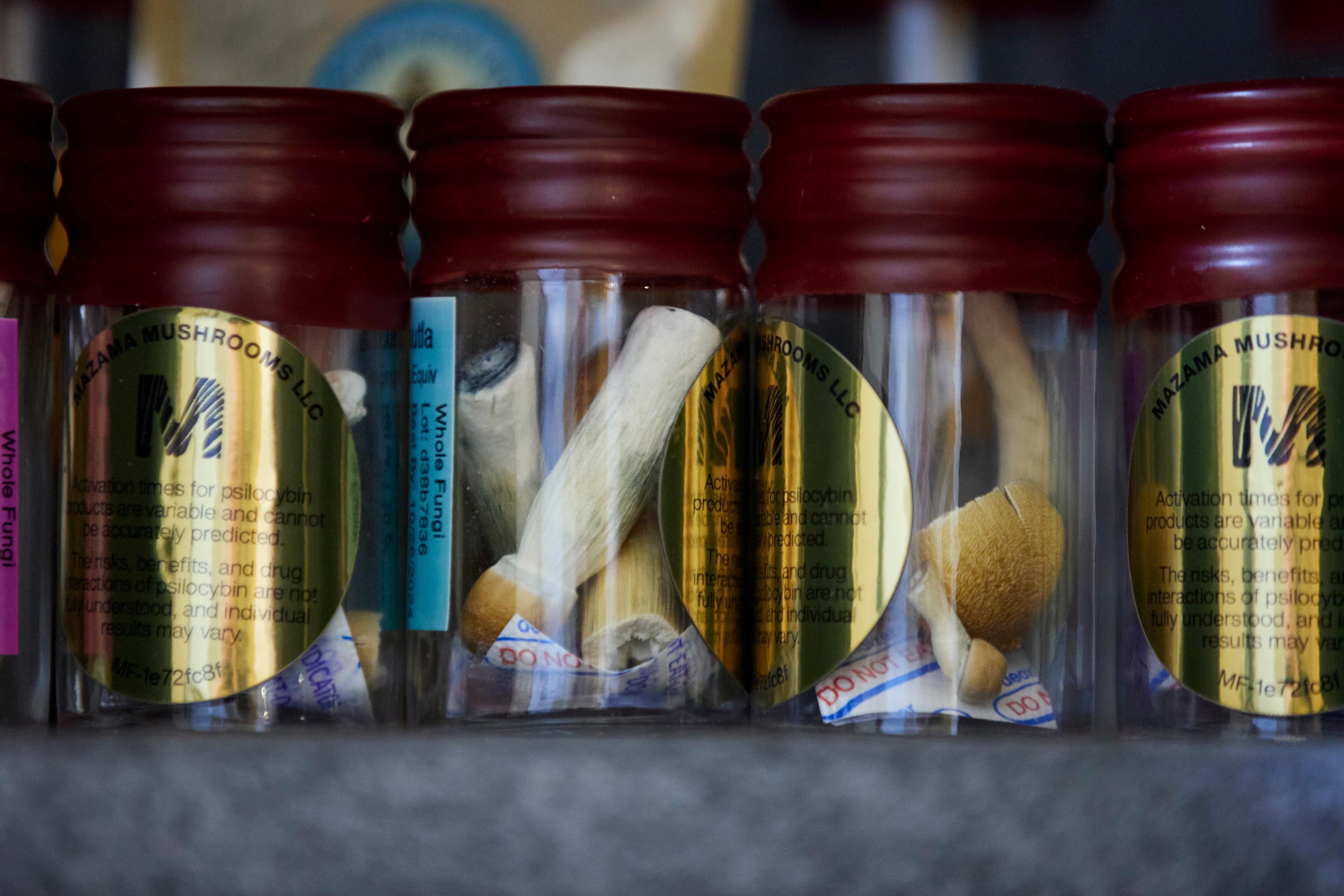

A Denver Health study reports that most dispensaries recommend marijuana to pregnant women with morning sickness, contrary to medical advice.
A researcher posing as a pregnant woman called 400 Colorado dispensaries asking about products for morning sickness. Denver Health researcher Dr. Torri Metz says 70 percent recommended marijuana, even though prior research shows pot use in pregnancy may have adverse effects on the fetus.
"So I think there's a real opportunity for education as well and we're hoping to engage the dispensaries in that educational process,” Metz said. “We hope that we can work with dispensaries and other public health workers in order to engage everybody in sending a consistent message that marijuana is not safe for women in pregnancy."
Kristi Kelly, executive director of the Marijuana Industry Group says they advise dispensaries refer customers to their doctors.
"It's our opinion that patients and customers should always seek the advice of a healthcare practitioner on medical issues,” Kelly said. "What it tells us as an industry is that we need to be a lot more vocal in the training of our dispensary staff."
The research appears in the journal Obstetrics & Gynecology.
There's no law in Colorado prohibiting dispensary workers from giving advice on marijuana use.
Metz said researchers will inform all dispensaries involved about the study and provide information about risks and concerns regarding marijuana use during pregnancy.
Earlier research found use of marijuana in pregnancy may have adverse effects on fetuses, including low birth weight and long-term neurological consequences.
Recent research from the University of Colorado Anschutz Medical Campus showed pregnant women who use cannabis are 50 percent more likely to have babies who weigh less at birth. That was regardless of maternal age, race/ethnicity, level of education and tobacco use during pregnancy
Researchers from the Colorado School of Public Health found the prevalence of marijuana use during pregnancy in Colorado was nearly 6 percent, and about 2.7 percent in the third trimester.







